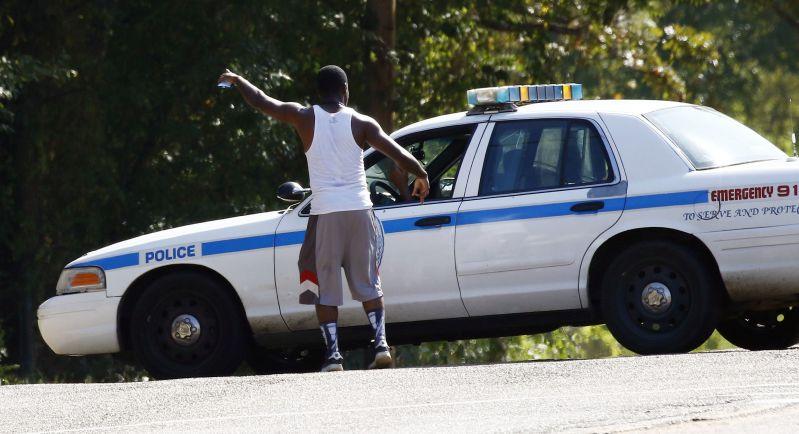The National Association for the Advancement of Colored People (NAACP) has filed a lawsuit (pdf) against Mississippi over two bills signed into law to combat the capital city’s high crime rate by giving state officials more control over law enforcement.
Last week, Gov. Tate Reeves signed House Bill 1020, establishing an independent, state-controlled judicial system for the 17.5 square mile Capitol Complex Improvement District (CCID) surrounding the Capitol building in Jackson, Mississippi.





